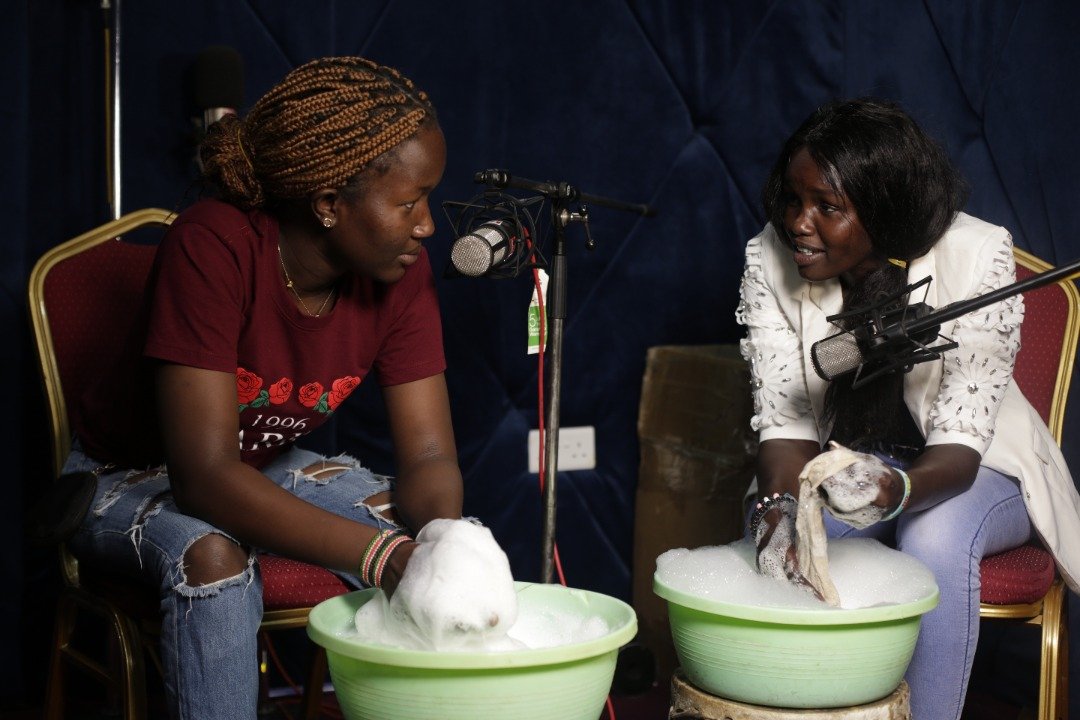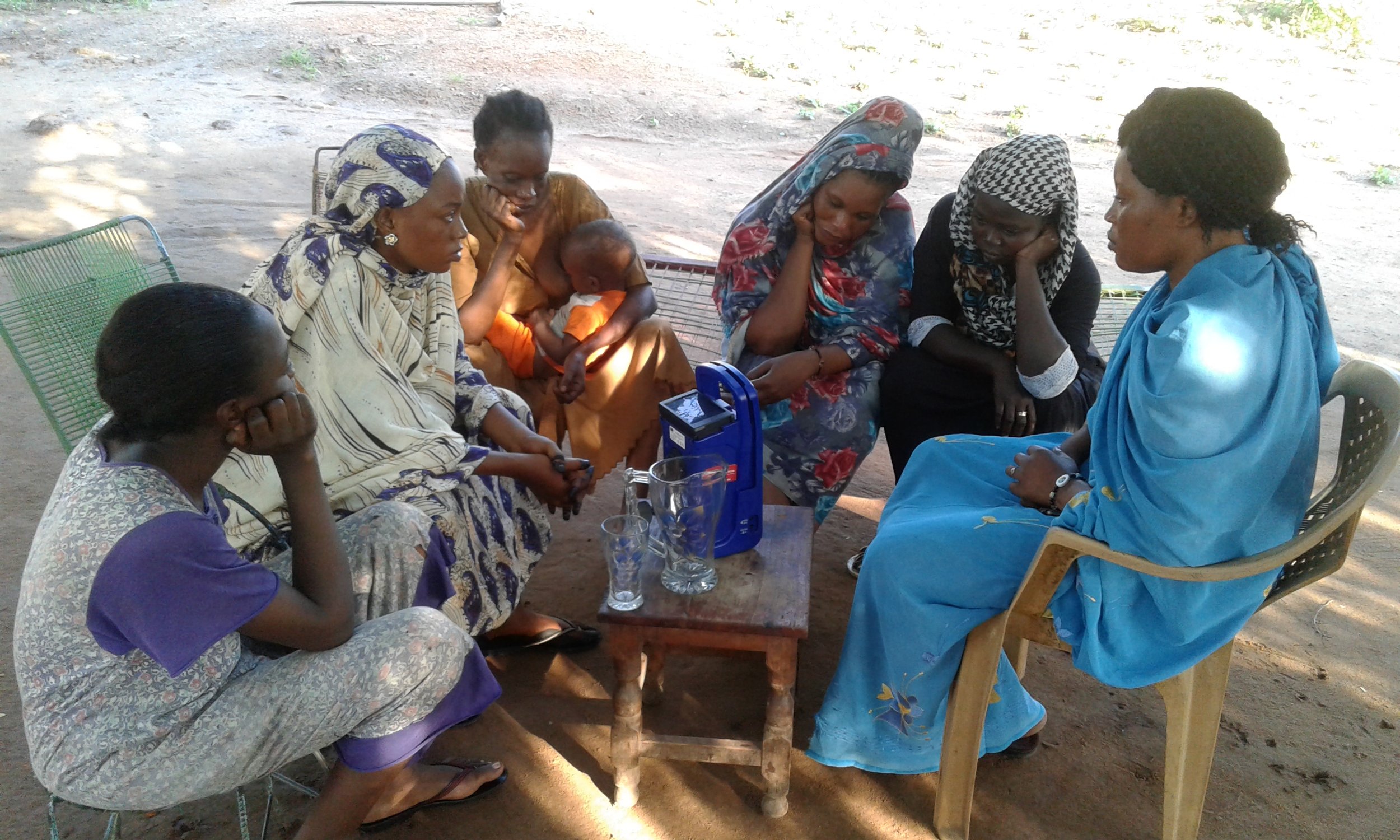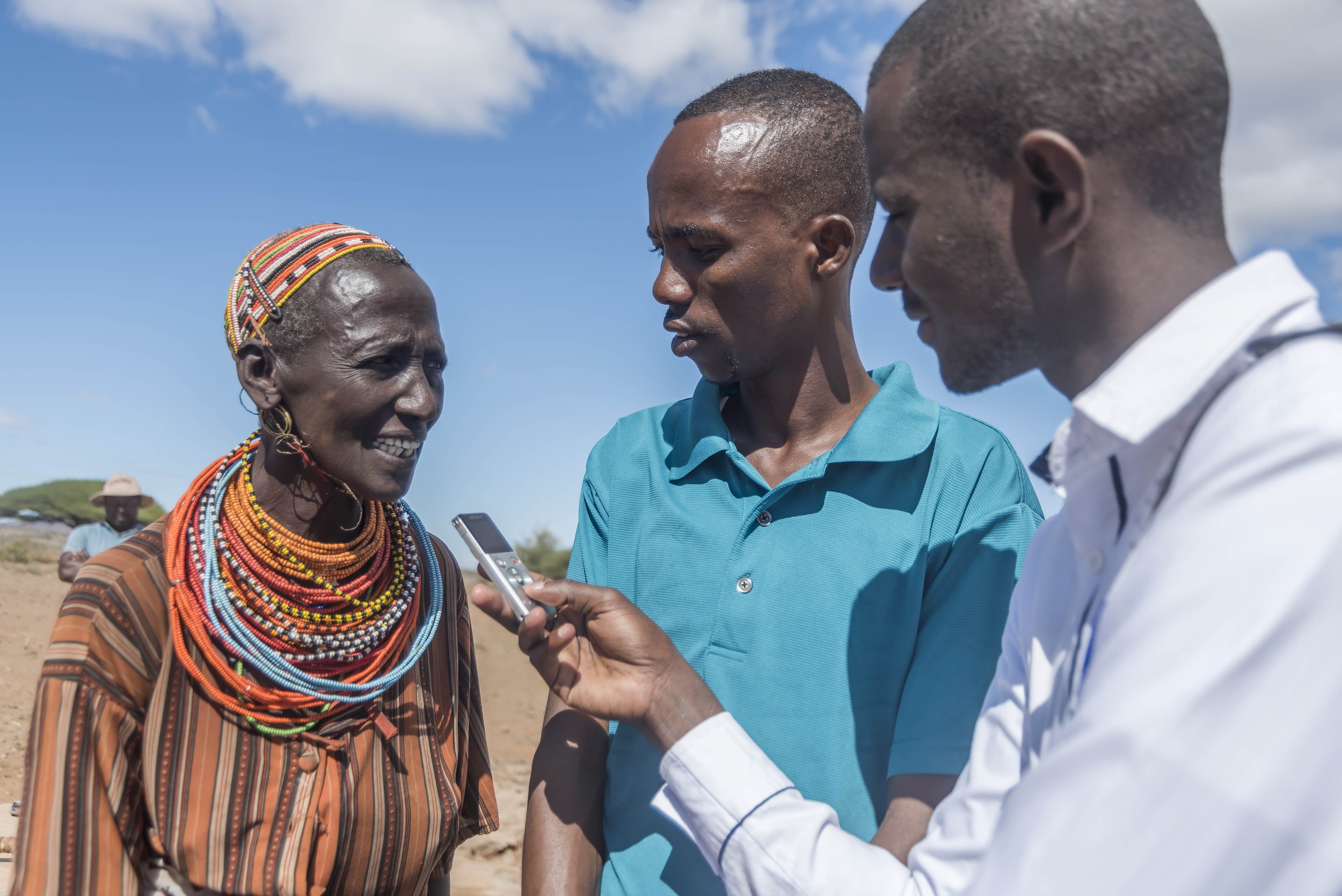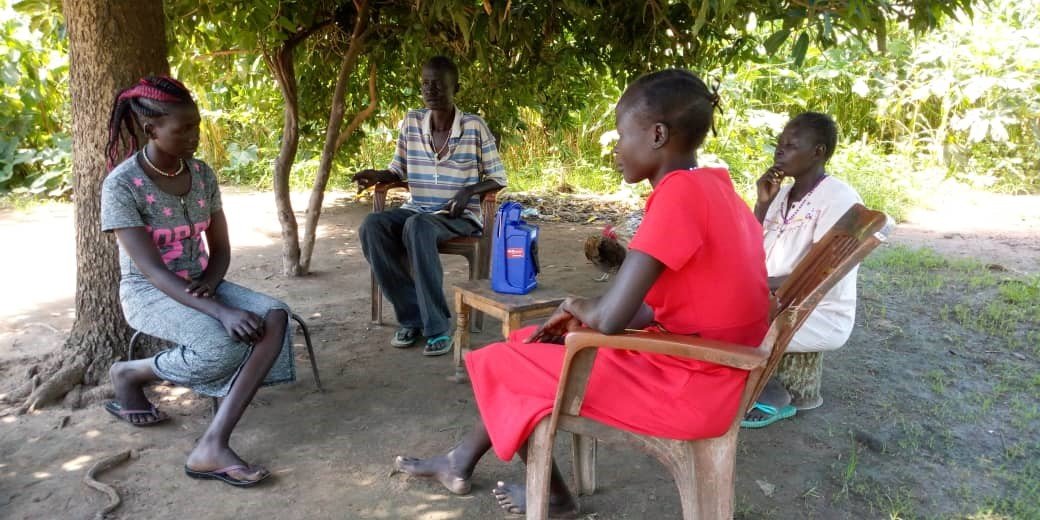How radio can help build peace: World Radio Day 2023
Radio has the power to bridge divides, to bring communities together and to foster understanding. It is the most widely consumed medium worldwide and remains one of the most trusted. It has the unique ability to amplify the voices of diverse people while cultivating intimately personal relationships with individual listeners.
For World Radio Day 2023 – the theme of which is ‘radio and peace’ – CDAC Network members showed us how they harness the potential of radio for peacebuilding. Watch their stories in the video and read more about their work here.
Fondation Hirondelle
Radio and peace are the raison d’être of Fondation Hirondelle and our slogan – ‘Media for peace and human dignity’ – resonates particularly this World Radio Day. Our organisation was founded almost 30 years ago in response to a radio station in Rwanda that was being used to serve genocidal propaganda. Our first project, Radio Agatashya, aimed to help the affected people in Rwanda. Our work ever since then has continuously showed that reliable and independent media is an essential component of peace.
In partnership with United Nations peacekeeping missions, we have launched and supported radio stations in countries experiencing war – such as Radio Okapi in the Democratic Republic of Congo and Radio Miraya in South Sudan. We are currently active in the Sahel with three news studios: Studio Tamani in Mali (featured in the video), Studio Yafa in Burkina Faso and Studio Kalangou in Niger. In the Central African Republic, we support the country’s most popular radio station: Radio Ndeke Luka.
Radio, while a ‘legacy media’, remains an important communication channel today: it is easy to broadcast and continues to reach young people, as we’ve seen with our partner Studio Sifaka in Madagascar, which targets the island’s youth. Spoken media has also adapted to the digital environment: we’ve recently supported our partner Frontier Myanmar in the production of Doh Athan, a podcast on human rights in Myanmar.
BBC Media Action
While our work spans traditional and digital platforms, radio is often best for reaching people at scale, and in rural or remote locations.
In Kenya (featured in the video), we’re bringing local broadcasters together with climate scientists and experts, to forge stronger understanding and relationships to help ensure timely, accurate, understandable information goes out as part of radio programming on weather and climate. Radio is often the best – and sometimes only – way to reach traditional pastoralist communities who trek for miles for water and pasture. Conflict can flare as these resources become scarcer; radio can share important information about water sources, approaching weather and flashpoints to be aware of. Debate and discussion shows featuring experts and the experiences of others in the community can share tips for managing livestock more effectively, for conserving water, and for ways to supplement or adapt traditional occupations to generate more income – and defuse conflict before it begins.
In South Sudan, where the world’s youngest country still faces frequent conflict, our radio programme Life in Lulu has been on air for 10 years. Lulu is a fictional place that represents the kind of village everyone wants: a place where healthcare is accessible and conflict can be resolved peacefully. Storylines cover cattle raids and conflict among communities and ethnic groups, as well as issues of health, gender roles and gender-based violence. They model respectful discussion and debate, and examine the negative consequences of violence.
The characters of Life in Lulu are household names in much of South Sudan, where the programme is broadcast on partner radio stations. It’s also pre-loaded onto solar-powered, wind-up radios and brought into communities otherwise without radio access, where listening groups discuss the themes and what they can learn from them.




International Media Support
The role radio can play in peacebuilding goes to the heart of International Media Support’s purpose: to build the capacity of media to reduce conflict, strengthen democracy and facilitate dialogue. Citizens of all gender identities, ethnic or religious backgrounds and their leaders need information they can trust to make decisions that develop their societies in a peaceful and democratic way.
We work in countries across the world that are affected by conflict and political transition. Radio Ergo (featured in the video) has been producing and broadcasting humanitarian news and information across Somalia and the Somali-speaking region since 2008. The word ‘ergo’ in Somali means mediators or envoys in the interest of people in need – and Radio Ergo works hard to live up to this name.
Programming covers health, education, displacement, agriculture and livestock, gender, employment, environment, culture, governance, and other issues where local audiences need critical information to make informed choices for their lives and livelihoods. Through an accessible call-in platform, Radio Ergo also aims to raise the voices of diverse Somalis – including women and men, farmers and pastoralists, displaced and urban poor – enabling them to be included in responses to humanitarian crises and developmental challenges.
DW Akademie
We’re working with community radio stations in Burkina Faso to help them strengthen their editorial and managerial capacity and provide quality information based on rigorously verified facts and in the languages spoken by their target communities. With our partners, we support these radio stations to practise conflict-sensitive journalism.
Community stations like Radio Vénégré (featured in the video) promote peacebuilding by bringing together communities, giving airtime to otherwise marginalised voices like those of youth and women, and fostering greater dialogue between authorities and citizens through interactive accountability programs.
By popularising media and information literacy and promoting fact-checking, DW Akademie and our partners are also working to combat the spread of hate speech and disinformation in Burkina Faso.
Amplifying Voices
Since 2013, we’ve been helping our partners in fragile contexts across the world to use the power of community-centred media to build peace through engaging people in dialogue. Using radio and, in some communities, ‘speakerbox’ mp3 players, community-centred media aims to foster an environment of trust as community members, service providers and media work together to create content. This provides a strong foundation for other peacebuilding activities, such as natural resource management or tackling misinformation.
In Kenya’s Tana River (featured in the video) and in North Kivu, Democratic Republic of Congo, Amplifying Voices helped set up radio stations that encourage people from conflicting communities to tell their stories. Hearing common aspirations and familiar daily struggles can help people from the different groups to understand each other.
Peacebuilding initiatives also benefit from radio’s audio-only format. For example, the conflict between community members and armed groups backed by officialdom in South Sudan, where our partner Community Development Centre is working, means that contributors want to remain anonymous. The audio-only format enables anonymity while still providing intimately personal and recognisably local listening experiences.
